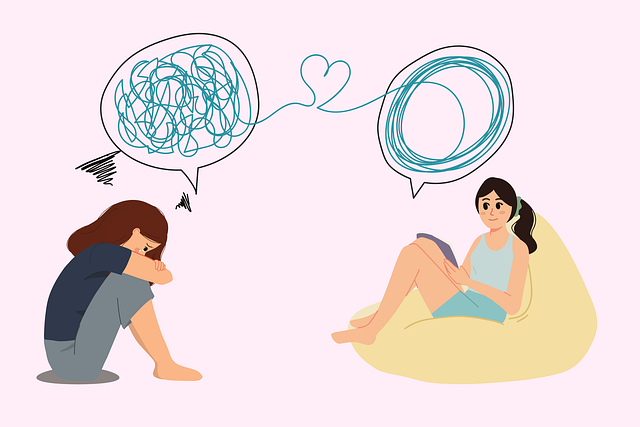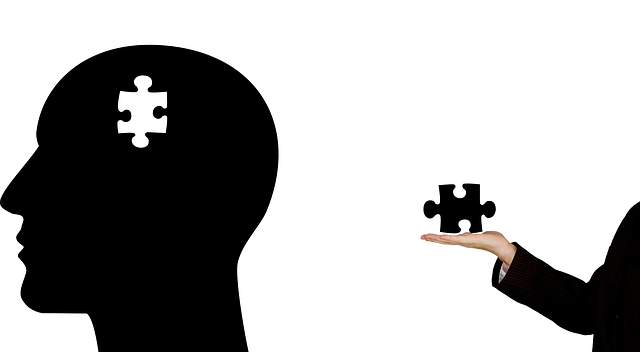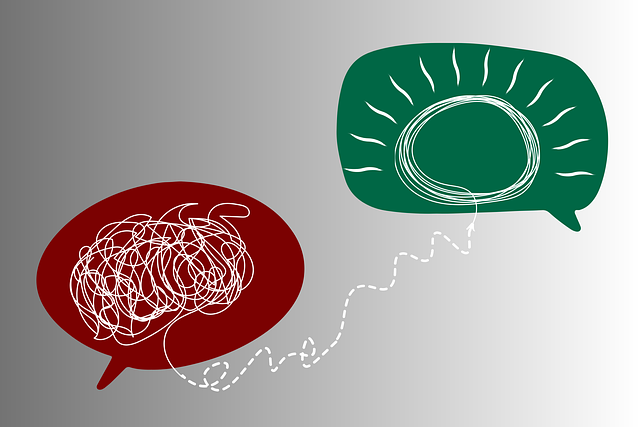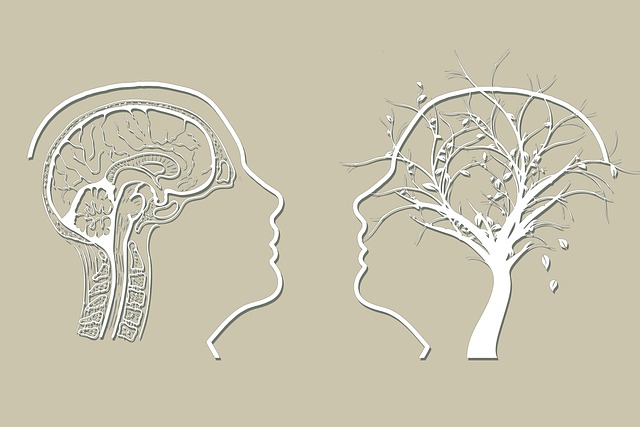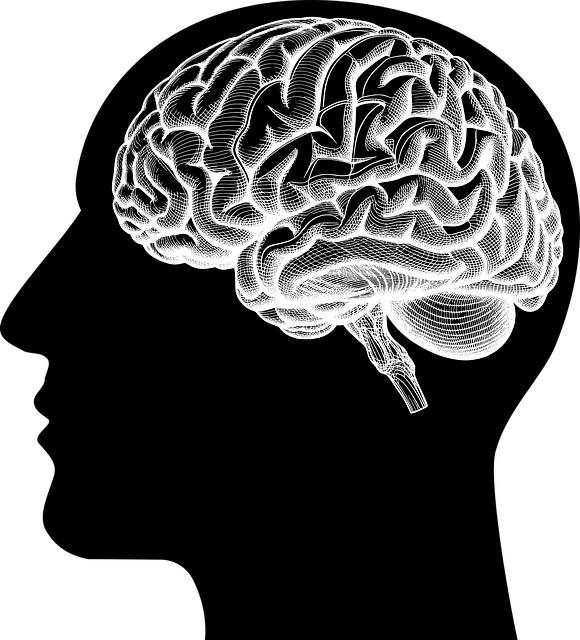Emotional intelligence (EI) is vital in counseling settings, as it equips therapists with skills to recognize and manage their emotions while understanding clients' emotional states. Lafayette Couples Counseling Therapy emphasizes self-awareness development through mindfulness meditation, journaling, and therapy sessions, aiding individuals in identifying triggers, managing feelings, and making conscious decisions. Risk assessment ensures safe guidance. The therapy highlights the importance of empathy and social skills for stronger relationships, involving active listening and perspective-taking. Mind Over Matter Principles promote self-awareness and emotional regulation, contributing to mental health awareness and building trust-based connections for overall wellness.
Emotional intelligence (EI) is a powerful tool for enhancing relationships and personal growth, as exemplified by Lafayette Couples Counseling Therapy. This article explores the fundamental role of EI in effective communication, offering practical strategies to build self-awareness and self-management skills. We delve into fostering empathy and social competencies necessary for stronger connections. By understanding and managing emotions, individuals can navigate interpersonal interactions with greater ease, leading to improved personal and professional relationships.
- Understanding Emotional Intelligence: The Foundation of Effective Communication
- Strategies for Enhancing Self-Awareness and Self-Management
- Building Empathy and Social Skills for Stronger Relationships
Understanding Emotional Intelligence: The Foundation of Effective Communication

Emotional intelligence (EI) is a fundamental aspect of human interaction and communication. At its core, EI involves recognizing, understanding, and managing one’s own emotions as well as being able to perceive, interpret, and respond appropriately to the emotional states of others. This dynamic skill set forms the bedrock of effective interpersonal relationships, making it an essential tool in various settings, including Lafayette Couples Counseling Therapy.
In the context of counseling and therapy, EI plays a pivotal role in fostering empathy, a key component of Empathy Building Strategies. Therapists with high EI can create a safe and supportive space for clients to express their feelings and experiences. This ability to understand and share the emotional perspective of others strengthens the therapeutic bond, encouraging open communication. Moreover, cultural sensitivity, an aspect often highlighted in discussions on Risk Assessment for Mental Health Professionals, is naturally fostered through EI, as it enables professionals to navigate diverse emotional expressions and backgrounds, ensuring inclusive and effective mental healthcare practices.
Strategies for Enhancing Self-Awareness and Self-Management

Developing self-awareness is a cornerstone of emotional intelligence growth. It involves deeply understanding your emotions, strengths, weaknesses, and how they impact your thoughts and behaviors. Lafayette Couples Counseling Therapy offers valuable tools for cultivating this skill. Through regular reflection, journaling, or even therapy sessions, individuals can learn to recognize their emotional triggers and patterns. This self-reflection is crucial in managing intense feelings, making more thoughtful decisions, and fostering healthier relationships.
Mindfulness meditation plays a significant role in enhancing self-awareness. By focusing on the present moment, one becomes attuned to their thoughts, sensations, and emotions without judgment. This practice enables individuals to detach from automatic reactions and make conscious choices. Additionally, mindfulness helps reduce stress and anxiety, allowing for better emotional regulation. For those seeking professional support, a thorough risk assessment is essential, ensuring that mental health practitioners are equipped to guide clients through emotional healing processes safely and effectively.
Building Empathy and Social Skills for Stronger Relationships

Building empathy and social skills is a cornerstone of emotional intelligence development, fostering stronger relationships, as suggested by Lafayette Couples Counseling Therapy. This involves actively listening to others, trying to understand their perspectives, and responding thoughtfully, rather than reactively. By cultivating these abilities, individuals can create deeper connections, improve communication, and navigate interpersonal dynamics with greater ease.
The Mind Over Matter Principles promote self-awareness and emotional regulation, key aspects of mental health awareness. Enhancing social skills and empathy contributes to overall mental wellness by fostering a supportive and empathetic environment. This, in turn, enables individuals to build more robust relationships based on trust, mutual understanding, and genuine care—essential elements for a fulfilling life.
Emotional intelligence is a powerful tool that can significantly enhance our personal and professional lives. By understanding and managing our emotions, we can improve communication, build stronger relationships, and navigate challenges more effectively. Through strategies like self-awareness exercises and cultivating empathy, individuals and couples can embark on a journey of self-discovery and growth with the support of Lafayette Couples Counseling Therapy. Investing time in emotional intelligence development is a game-changer, fostering healthier, happier connections.


